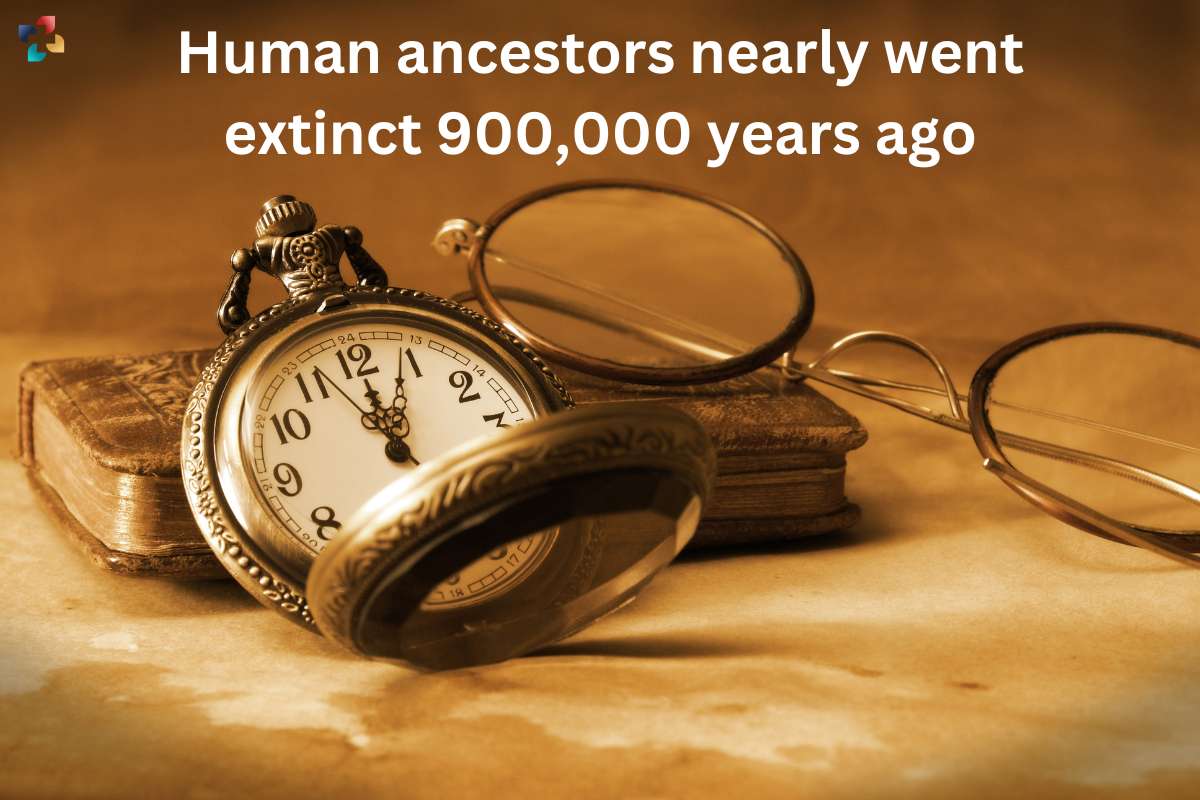A recent study published in Science has revealed that human ancestors in Africa faced a dire threat to their existence approximately 900,000 years ago. This research indicates a significant reduction in the population of human ancestors, occurring well before the emergence of our own species, Homo sapiens. Astonishingly, the breeding population dwindled to a mere 1,280 individuals and remained stagnant for a staggering 117,000 years.
Haipeng Li, a population geneticist at the University of Chinese Academy of Sciences in Beijing and one of the study’s co-leaders, grimly notes that this bottleneck resulted in the loss of approximately 98.7% of human ancestors. He points out that the fossil record for the period spanning 950,000 to 650,000 years ago in Africa and Eurasia is quite incomplete and suggests that the discovery of this population bottleneck may account for this chronological gap.
Duration of survival for this small group
Nick Ashton, an archaeologist at the British Museum in London, expressed intrigue regarding the exceptionally small size of this ancient population. He speculates that it likely inhabited a geographically confined region with strong social cohesion to endure such adversity. Equally surprising is the duration of survival for this small group, suggesting the necessity of a stable environment with ample resources and minimal stressors to the system.
To unravel this historical mystery, the researchers developed innovative tools because the existing genome sequencing techniques were more applicable to modern human populations. Serena Tucci, an anthropologist at Yale University, emphasized the importance of this approach, as it offered valuable insights into the population dynamics of early human ancestors, a subject with limited prior knowledge due to methodological limitations and challenges in obtaining ancient DNA data from early Homo specimens.
The research methodology allowed the scientists to reconstruct ancient population dynamics by examining genetic data from contemporary humans. They constructed an intricate family tree of genes, permitting a closer examination of the finer branches and identification of significant evolutionary events.
Human ancestors | National Geographic
Climate Change and Draughts
Stanley Ambrose, an anthropologist at the University of Illinois at Urbana-Champaign, commended the researchers for shedding light on the poorly understood period between 800,000 and one million years ago, marked by significant climate change and prolonged droughts during the Early-Middle Pleistocene transition.
Around 813,000 years ago, the population of pre-humans began to rebound. However, the factors that enabled this resurgence remain uncertain. Ziqian Hao, a population geneticist and co-author of the study, suggests that the bottleneck likely had a profound impact on human genetic diversity, potentially influencing crucial features of modern humans such as brain size. He estimates that up to two-thirds of genetic diversity may have been lost during this critical period of human evolution.
While these findings are intriguing, Ashton calls for further archaeological and fossil evidence to support the researchers’ conclusions. He questions the assertion that the bottleneck was a global population crash, suggesting that regional bottlenecks might be a more plausible explanation given the number of archaeological sites outside Africa.











